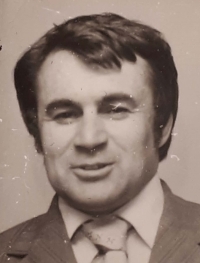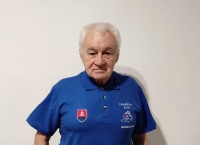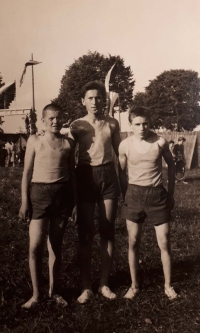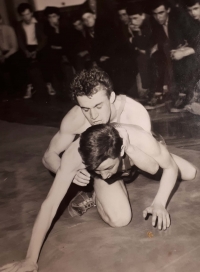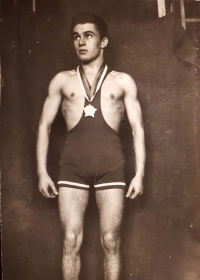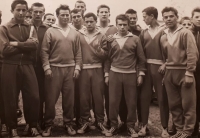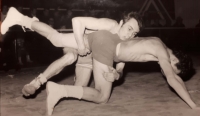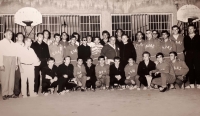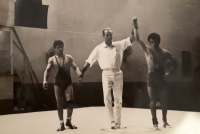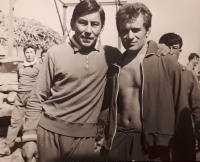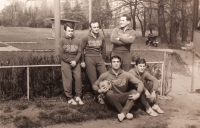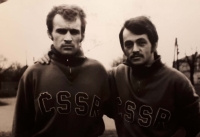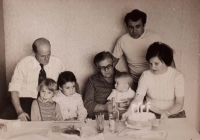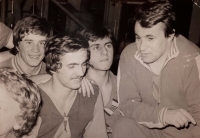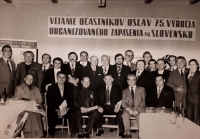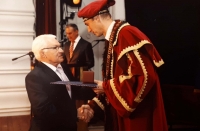I am actually alive thanks to sport
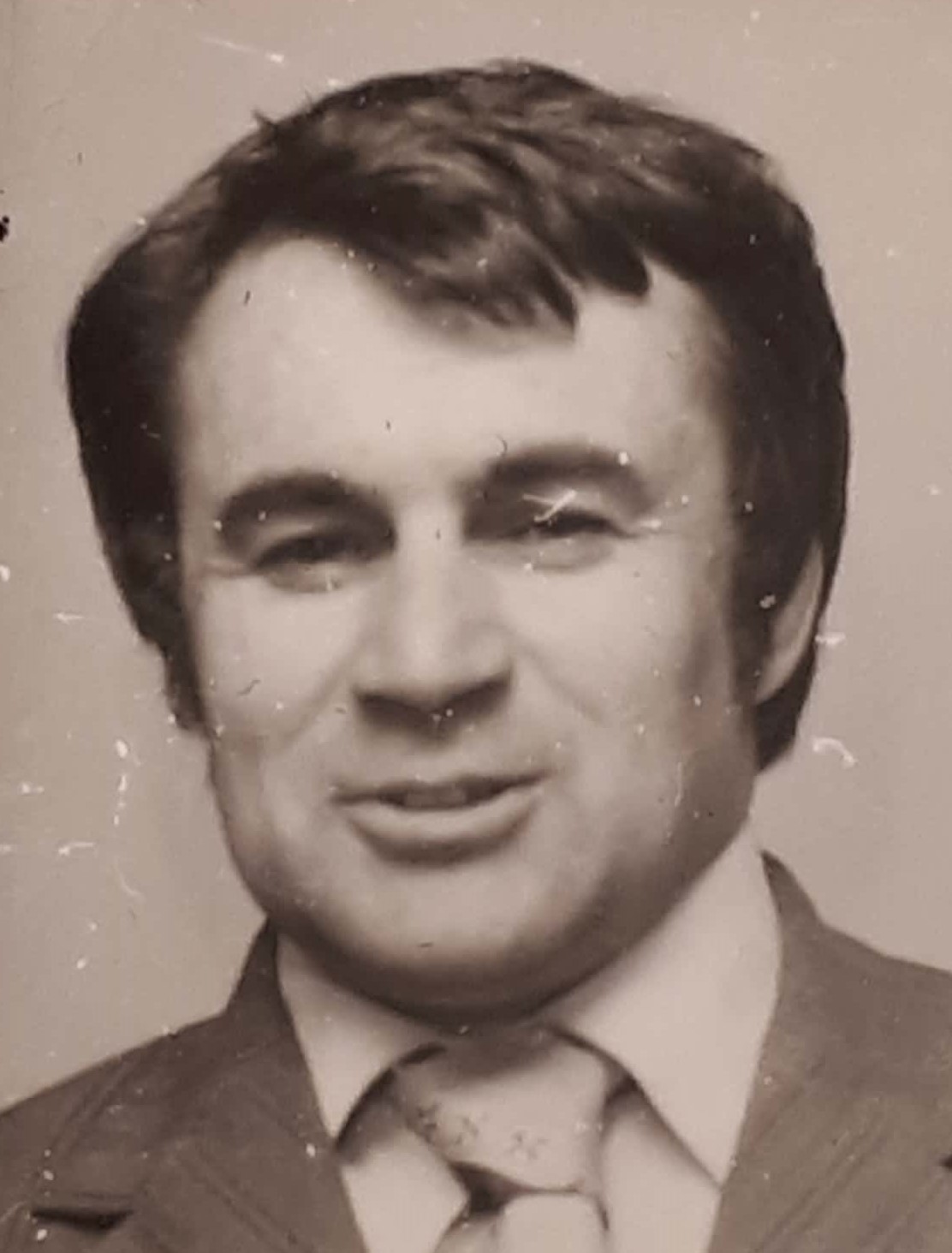
Download image
Marcel Miček was born on March 21, 1943 in Záhorská Ves. He started wrestling in 1959 at the Secondary Vocational School of Chemistry in Svit under the guidance of coach Emil Karabáš. Later, he completed his graduation from the Secondary School of Transport in Košice (1974 - 1978). He completed his education with a six-semester distance study for coaches at the FTVŠ in Bratislava (1975 - 1978). In 1962, as part of the basic military service (ZVS), he enlisted in the border guard. He was a Red Star (RH) Brno member and wrestled in the first league. After the reorganization of RH, he fought in the second league for Mikulov in Moravia. In 1964 he graduated from ZVS and returned to the maternity ward in Svit, where he worked as a third-class coach. In January 1965, the memorial transferred to TJ Lokomotiva VSŽ Košice, where he wrestled under the leadership of coach Boris Attila until the end of 1974. In 1975, he moved to the Center for Top Sports (SVŠ). After the regime change, he worked at the Talented Youth Center as a coach until 2013. In addition to the position of coach, he held various positions: he was the deputy head of the SVŠ (1990), chairman of the Sports-Technical Commission and a member of the presidency of the Slovak Wrestling Association (1998-2008). At present, the memorial serves as the secretary of the Wrestling Club 1904.
